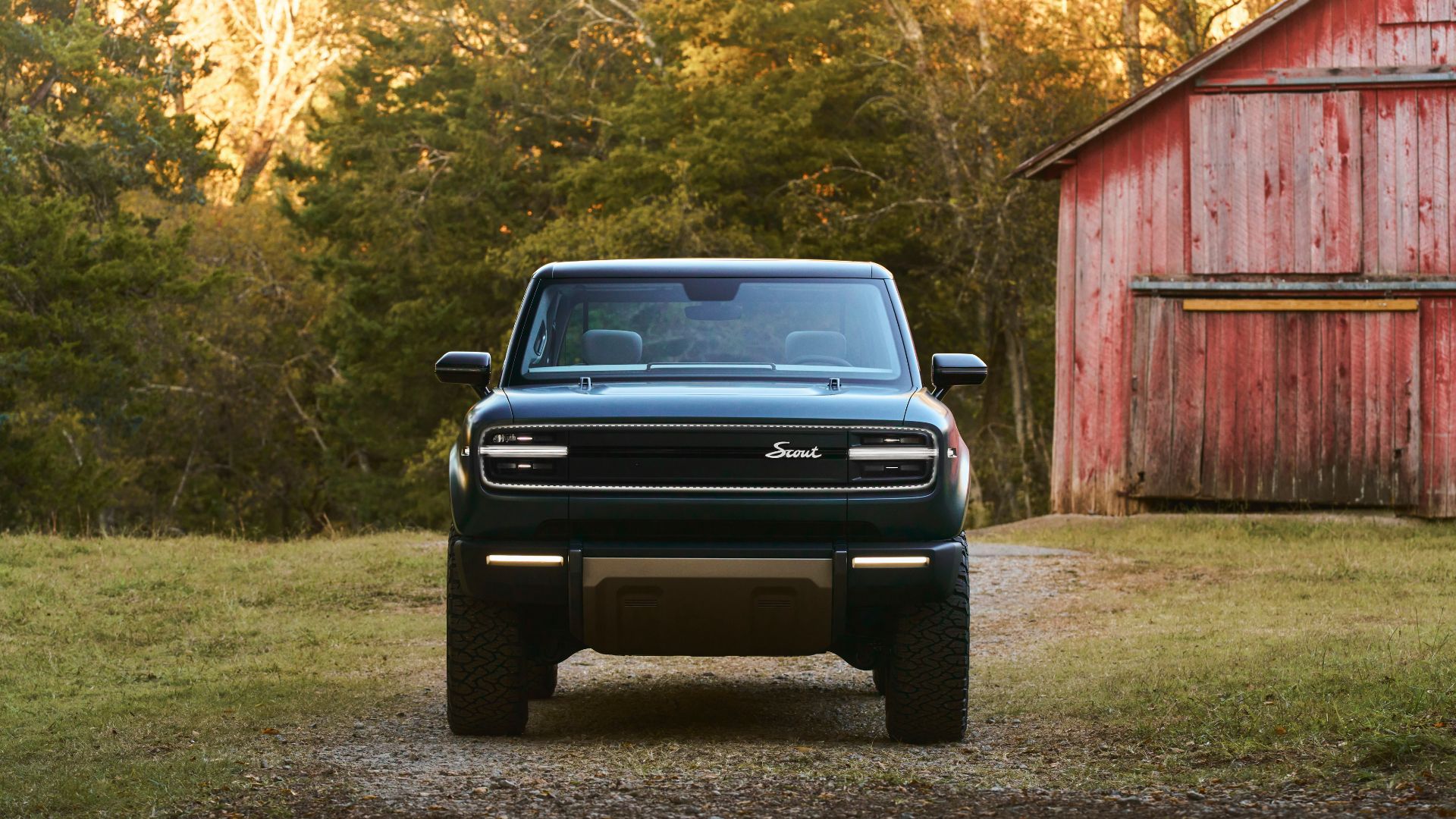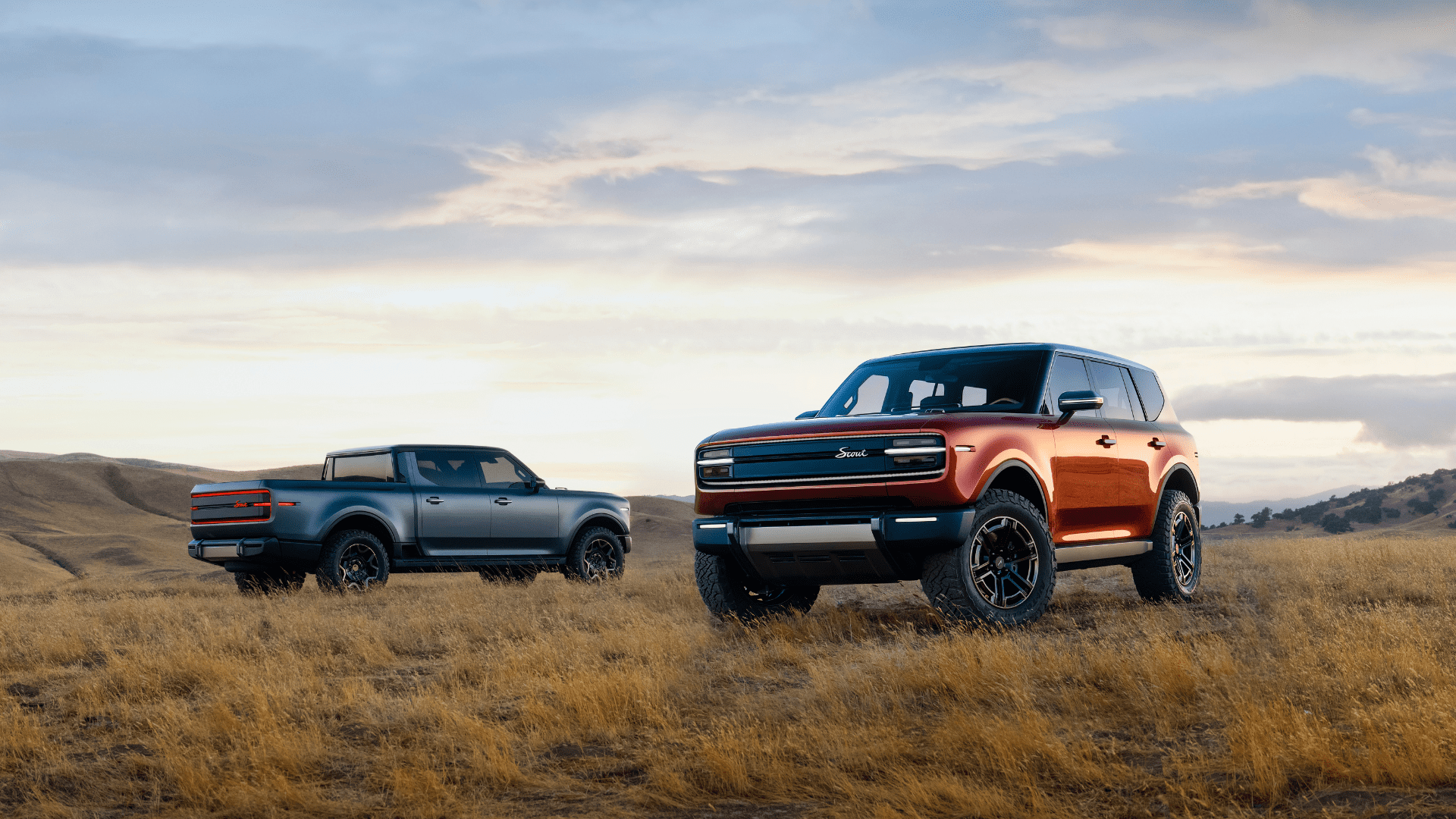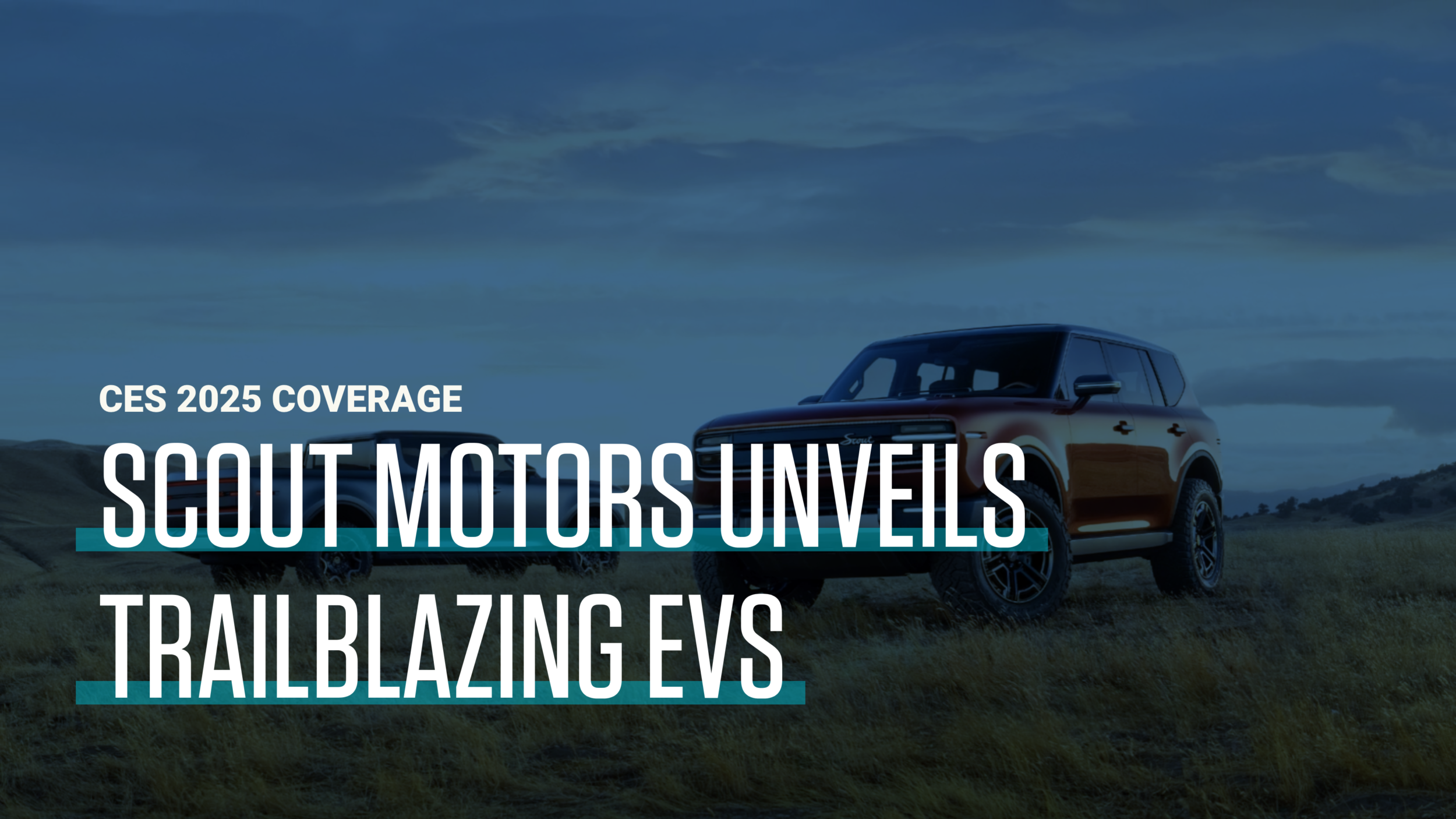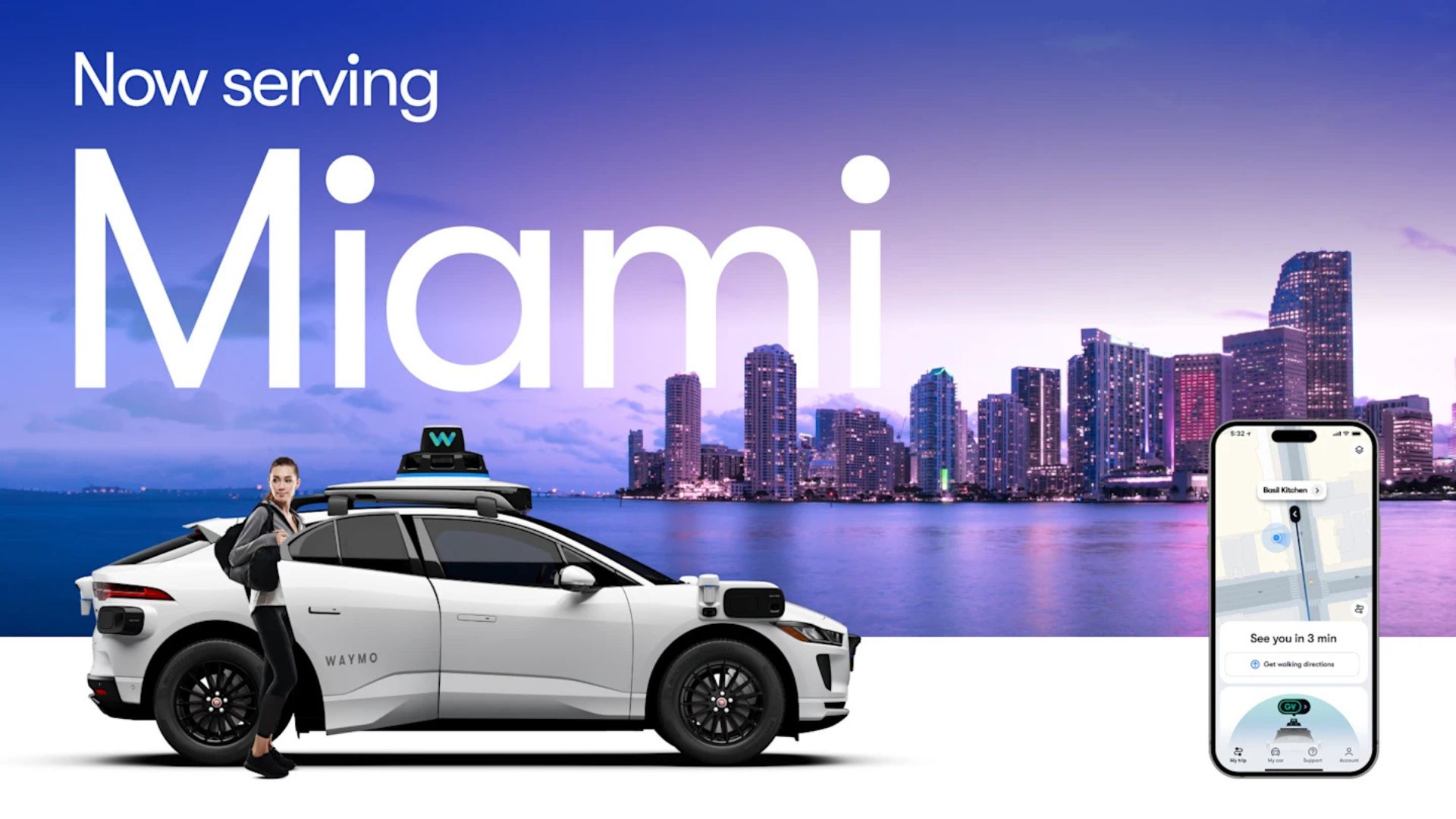The revival of Scout Motors represents one of the most exciting developments in the American automotive landscape. As the second employee hired at Scout Motors, Ryan Decker has been instrumental in shaping the company’s strategy and brand direction since its inception in September 2022. The mission is clear: reimagine the iconic Scout brand for the 21st century while honoring its rich heritage and authenticity.
Scout Motors isn’t simply creating another electric vehicle startup. Instead, they’re taking a uniquely balanced approach that merges what Decker calls “old world American trucks” with cutting-edge technology. This philosophy is captured in their internal approach of creating an “eight-day-a-week truck” — a vehicle capable of handling every use case imaginable, from Monday through Sunday and beyond. The company is developing two models: the Scout Terra pickup truck and the Scout Traveler SUV.

What truly distinguishes Scout from competitors is its powertrain strategy. While many EV manufacturers are focusing solely on all-electric vehicles, Scout is offering two powertrain options: a fully electric version and their innovative “Harvester” range-extended powertrain. The latter incorporates a gasoline engine elegantly packaged in the rear of the vehicle, acting as a generator to deliver over 500 miles of total range while maintaining the performance benefits of electric drive, including nearly 1,000 pound-feet of torque.
The design philosophy behind these vehicles carefully considers what made the original Scout models so beloved. Working closely with the existing Scout community, Decker and his team identified essential Scout DNA elements: proud, upright proportions, significant ground clearance, broad shoulders, and distinctive styling cues like the window cinch by the D-pillar and the subtly placed Scout script. These iconic elements are preserved while incorporating modern technologies and capabilities.
Scout Motors is committed to creating vehicles with genuine off-road credibility. Features like body-on-frame construction, solid rear axle, large tires, robust suspension, mechanical four-wheel drive lockers, and impressive approach angles ensure these vehicles will perform in demanding conditions. The company is even designing for factory compatibility with 35-inch tires, a clear indication of their serious off-road intentions.
What’s particularly impressive about Scout’s approach is its determination to appeal across all market segments. Rather than focusing exclusively on coastal markets, Scout aims to create products with universal appeal, “cool enough to win in places like Malibu and the Hamptons, but credible enough to win in places like Texas and Indiana,” as Decker puts it. This broad appeal is reflected in their reservation holders, who currently span all 50 states and drive everything from electric vehicles to traditional gas-powered trucks.
Production is slated to begin in 2027 at Scout’s massive new factory in Blythewood, South Carolina. This facility represents a serious commitment to scale, with over 1,000 acres of land, 3 million square feet of buildings, and 36 million cubic feet of earth being moved during construction. The buildings are already taking shape, and the company plans to begin installing process equipment by the end of the year, with maintenance personnel already being hired.
As Scout Motors looks to the future, it maintains its connection to the passionate Scout community that kept the brand alive during its dormant years. Through dedicated forums and in-person events, Scout actively engages with fans, reservation holders, and curious observers. This community-oriented approach, which Decker describes as having “a certain neighborliness,” is central to the Scout brand identity and will remain so as the company grows.
The revival of Scout Motors isn’t just about nostalgia; it’s about recognizing that great product designs stand the test of time when properly evolved with technological advancements. By combining heritage with innovation, Scout Motors aims to deliver vehicles that honor their legacy while meeting the demands of today’s drivers – truly eight-day-a-week trucks for the modern era.
This blog post was generated using Buzzsprout’s CoHost AI tool and is based directly on content from the associated podcast interview. This article has been reviewed and edited by Tomorrow’s World Today staff.







